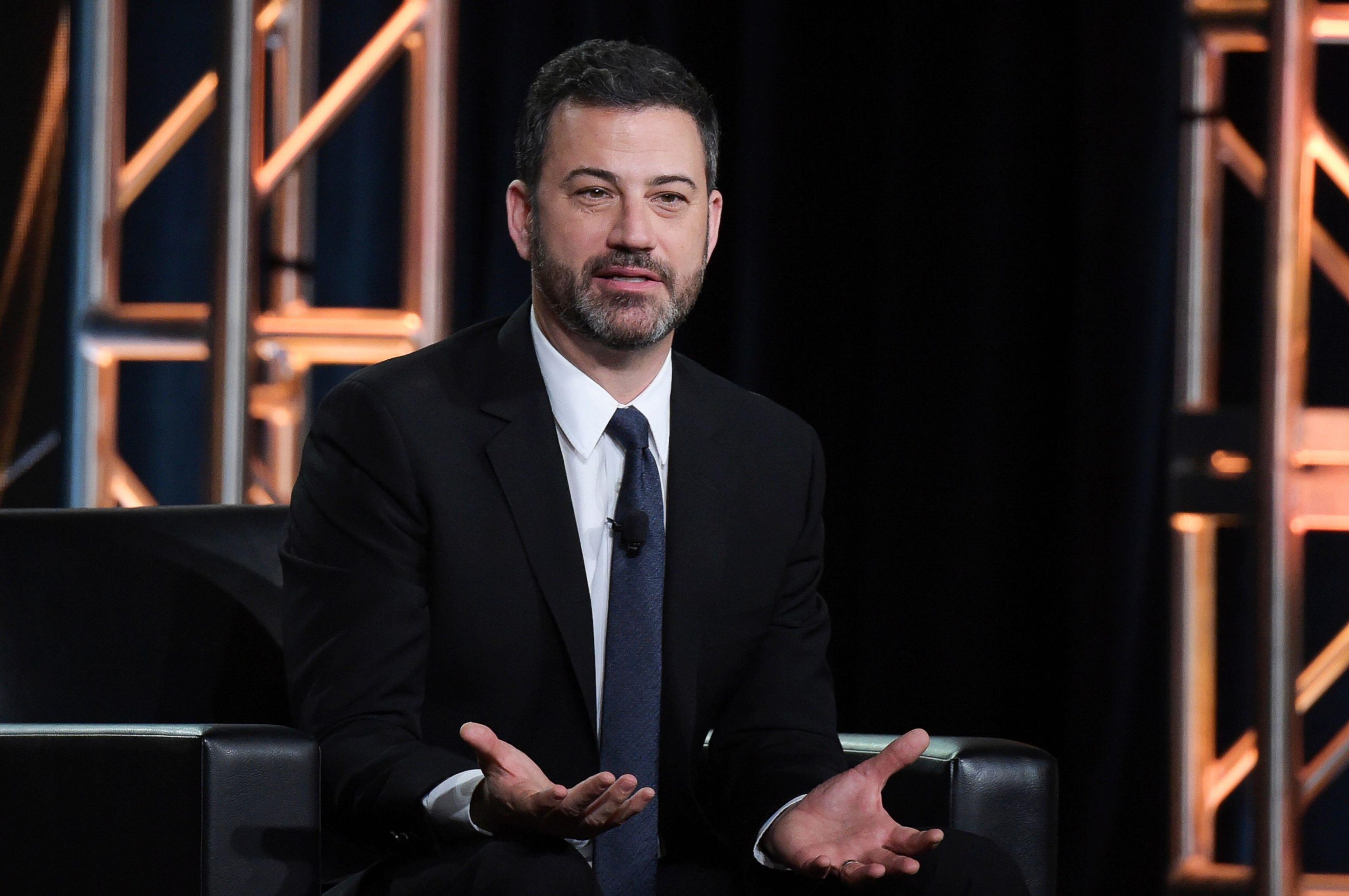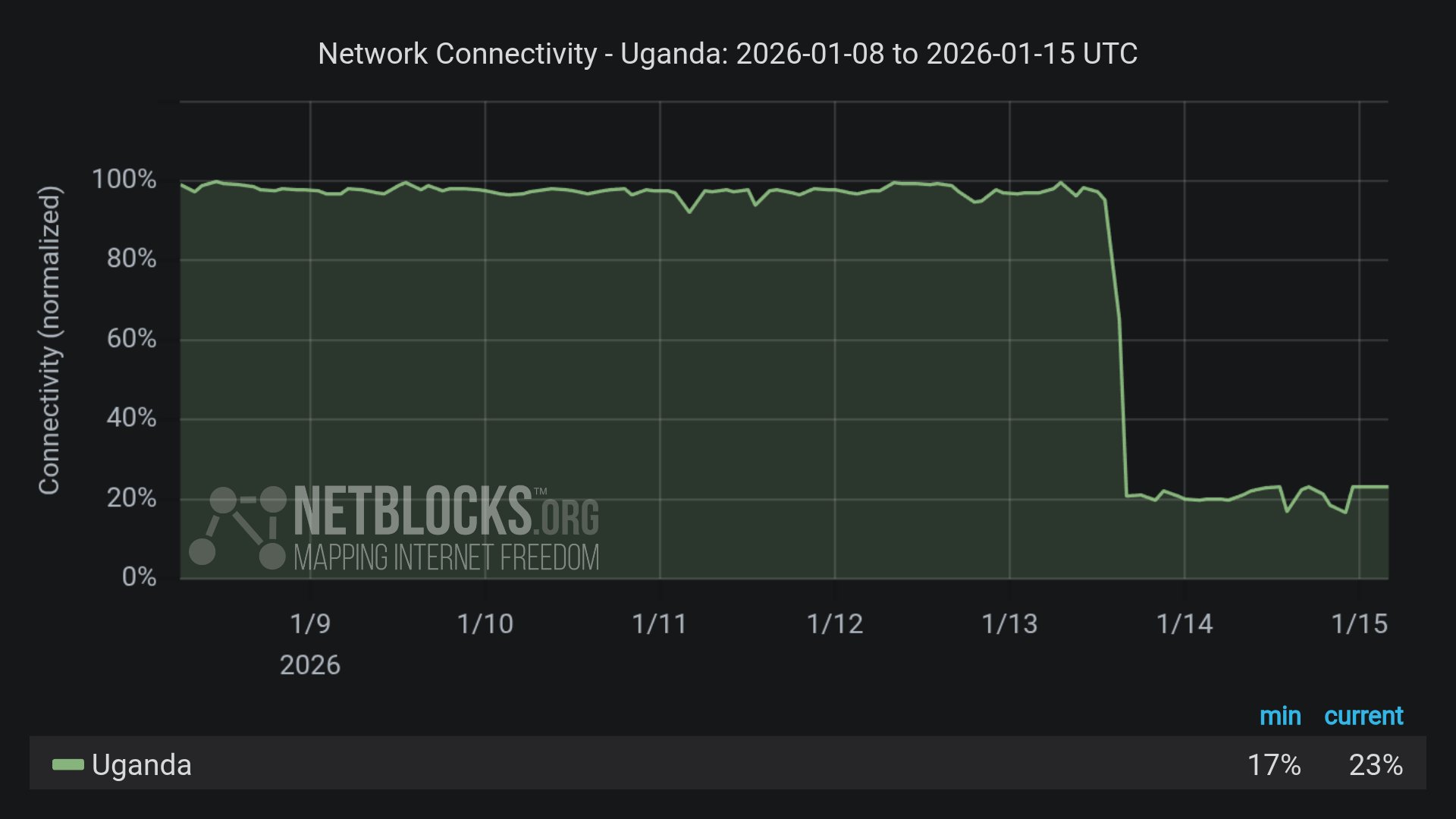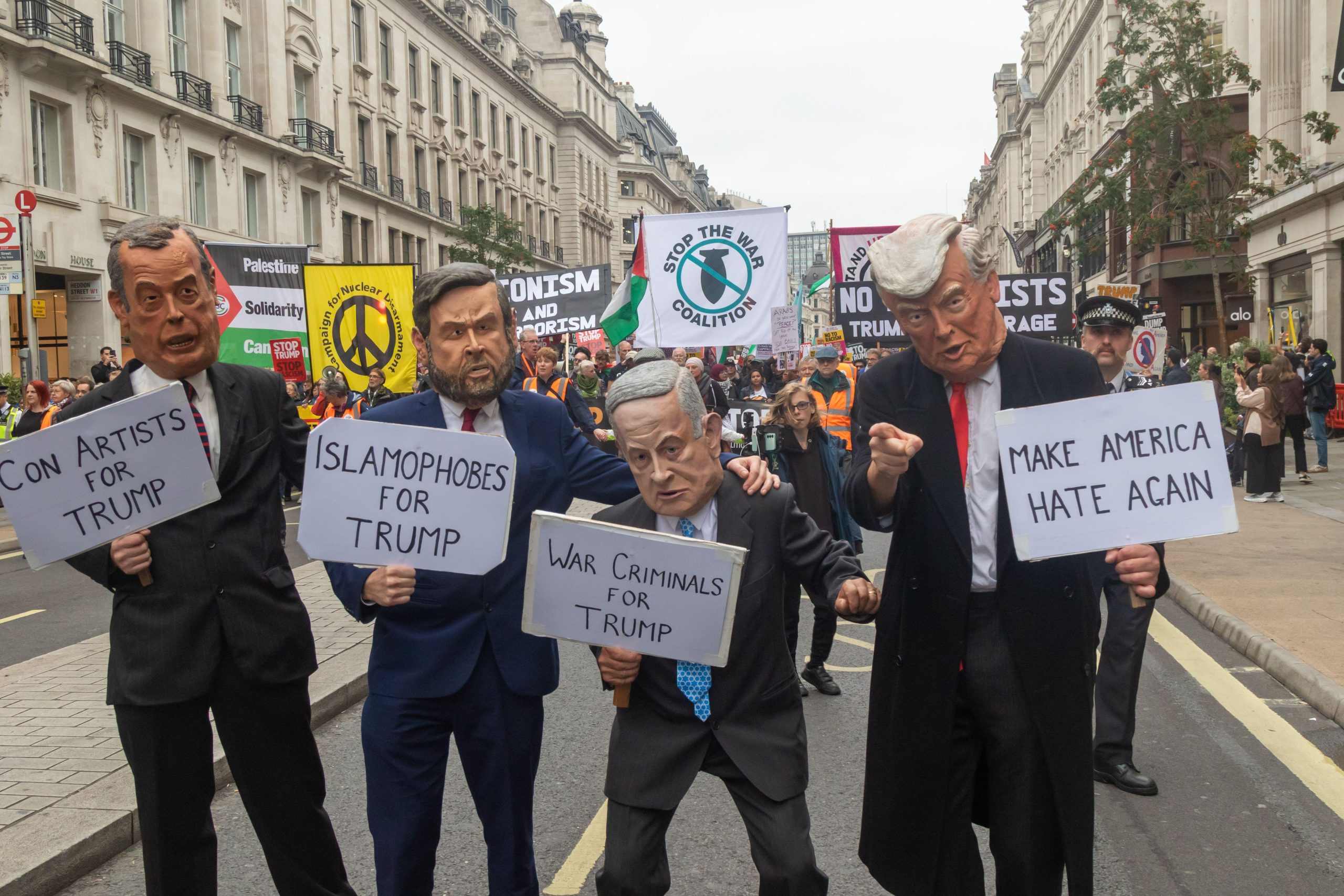If you want to take the temperature of a nation in terms of free speech just look at how it treats its comedians. Countries with robust human rights records can take a joke, the reverse is the case for dictatorships. Comedy “masquerades as folly, but it can take down an empire” wrote Shalom Auslander in a recent issue of our magazine to explain why joke tellers are so often targets. Which of course brings us to Donald Trump and Jimmy Kimmel. The story gripped us all and exposed both Trump’s thin-skin and the role corporations play today in censorship. Bassem Youssef, an Egyptian-American satirist who had to stop his show in Egypt following significant pressure, responded to the suspension of Kimmel with a quip on X: “My Fellow American Citizens. Welcome to my world.”
Fortunately, the USA is not el-Sisi’s Egypt – yet. Kimmel is now back on air after a public outcry and cancellations of subscriptions to Disney’s streaming services. Turns out, the dollar speaks both ways. Meanwhile, a statue of Trump holding hands with Jeffrey Epstein appeared in Washington this week. The bronze-painted installation, titled Best Friends Forever, depicted the two men smiling at each other. The statue made its point, though not for long. The team behind the statue, called The Secret Handshake, had apparently been granted a permit to have it remain there until Sunday evening. It didn’t last a day.
The UK is struggling with humour too. Last month, Banksy’s mural of a protester being beaten by a judge was wiped from the Royal Courts of Justice almost before the paint dried. Officials cited the building’s listed status, but the speed was telling. In a separate incident a protester holding a Private Eye cartoon was arrested at a Palestine solidarity march in July, satire clearly lost on the police.
It’s worse elsewhere. In Iran, Zeinab Mousavi, one of the first Iranian women to do stand-up comedy, is a frequent target of the authorities. Last month she was charged with making statements that were “contrary to public morality”. In China, a joke about the military led to a comedian being arrested, and the company behind him being fined millions. It was a similar story in India, after a popular comedian, Kunal Kamra, was accused of insulting a local politician. Kamra is just the latest comedian to be targeted, as highlighted by Index.
Reflecting on Kimmel, Russian journalist and dissident Andrei Soldatov offered a warning. Shortly after Vladimir Putin became president in 2000, armed operatives raided the offices of NTV, the network that aired Kukly, a puppet show taking aim at Putin. NTV owner Vladimir Gusinsky was jailed and Kukly disappeared shortly after. Soldatov said at the time many Russian journalists and intellectuals rationalised the attack. A few spoke out though. “You can’t make friends with a crocodile” they said. US executives would be wise to remember this.






